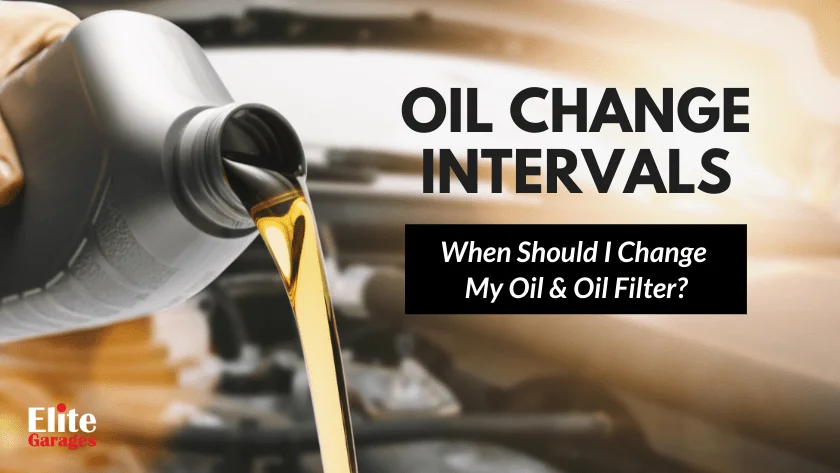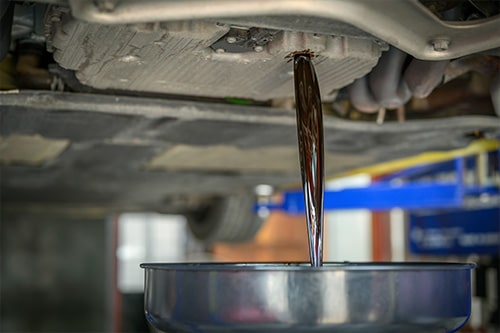Engine oil is a crucial component in keeping your vehicle running smoothly. It lubricates the engine parts, reduces friction, and helps dissipate heat. However, the lifespan of engine oil can be affected by various factors. Understanding what affects engine oil life can help you maintain your vehicle properly and ensure optimal performance. Let’s delve into the key factors that influence the longevity of engine oil.
1. Driving Conditions
One of the primary factors that affect engine oil life is the driving conditions. Stop-and-go driving, frequent short trips, and driving in heavy traffic can lead to quicker oil degradation. These conditions cause the engine to work harder, leading to increased heat and wear on the oil. On the other hand, highway driving at a consistent speed allows the engine to operate more efficiently, resulting in less strain on the oil.
2. Temperature
Temperature plays a significant role in determining the lifespan of engine oil. Extreme heat can cause the oil to break down faster, while cold temperatures can thicken the oil, making it less effective at lubricating the engine components. It is essential to choose the right type of oil based on the temperature range in which you will be driving to ensure optimal performance.
3. Vehicle Age and Mileage
The age and mileage of your vehicle can also impact the life of engine oil. Older vehicles or those with high mileage may have more wear and tear on the engine components, leading to increased oil consumption and faster degradation. Regular maintenance and oil changes are essential for older vehicles to ensure the engine oil remains effective.
4. Driving Habits
Your driving habits can have a significant impact on the lifespan of engine oil. Aggressive driving, such as rapid acceleration and hard braking, can put additional stress on the engine and cause the oil to degrade faster. By practicing smooth driving habits and avoiding excessive idling, you can help prolong the life of your engine oil.
5. Oil Quality
The quality of the engine oil you use is crucial in determining its lifespan. High-quality synthetic oils are designed to provide better protection and last longer than conventional oils. It is essential to choose the right type of oil recommended for your vehicle to ensure optimal performance and longevity.
6. Maintenance Practices
Regular maintenance practices, such as timely oil changes and using the correct oil filter, are essential for prolonging the life of engine oil. Over time, oil can become contaminated with dirt, debris, and metal particles, which can reduce its effectiveness. By following the manufacturer’s recommended oil change intervals and using high-quality filters, you can help extend the life of your engine oil.
7. Environmental Factors
Environmental factors, such as dust, dirt, and humidity, can also impact the life of engine oil. Driving in dusty or humid conditions can lead to increased contamination of the oil, reducing its effectiveness. It is essential to keep your vehicle clean and store it in a dry, cool place to help maintain the quality of the engine oil.

Credit: www.elitegarages.co.uk
8. Oil Additives
Some engine oils come with additives that can help improve performance and extend the life of the oil. Additives such as detergents, dispersants, and anti-wear agents can help keep the engine clean, prevent sludge buildup, and protect against wear and corrosion. Choosing an oil with the right additives for your vehicle can help enhance the longevity of the engine oil.
9. Oil Change Intervals
Following the recommended oil change intervals specified by the vehicle manufacturer is essential for maintaining the longevity of engine oil. Over time, oil breaks down and loses its effectiveness, leading to increased wear on the engine components. By changing the oil at the recommended intervals, you can ensure that your engine remains well-lubricated and protected.
10. Storage Conditions
Properly storing engine oil is crucial for maintaining its quality and effectiveness. Exposure to direct sunlight, extreme temperatures, or moisture can degrade the oil and reduce its lifespan. It is essential to store oil in a cool, dry place, away from direct sunlight and extreme temperatures, to ensure that it remains in optimal condition until use.

Credit: repaironeauto.com
Conclusion
Engine oil is a vital component in keeping your vehicle’s engine running smoothly. By understanding the factors that affect engine oil life, you can take proactive steps to ensure that your engine remains well-lubricated and protected. From driving conditions and temperature to oil quality and maintenance practices, various factors play a role in determining the lifespan of engine oil. By following the manufacturer’s recommendations, practicing good driving habits, and using high-quality oil, you can help prolong the life of your engine oil and keep your vehicle performing at its best.
